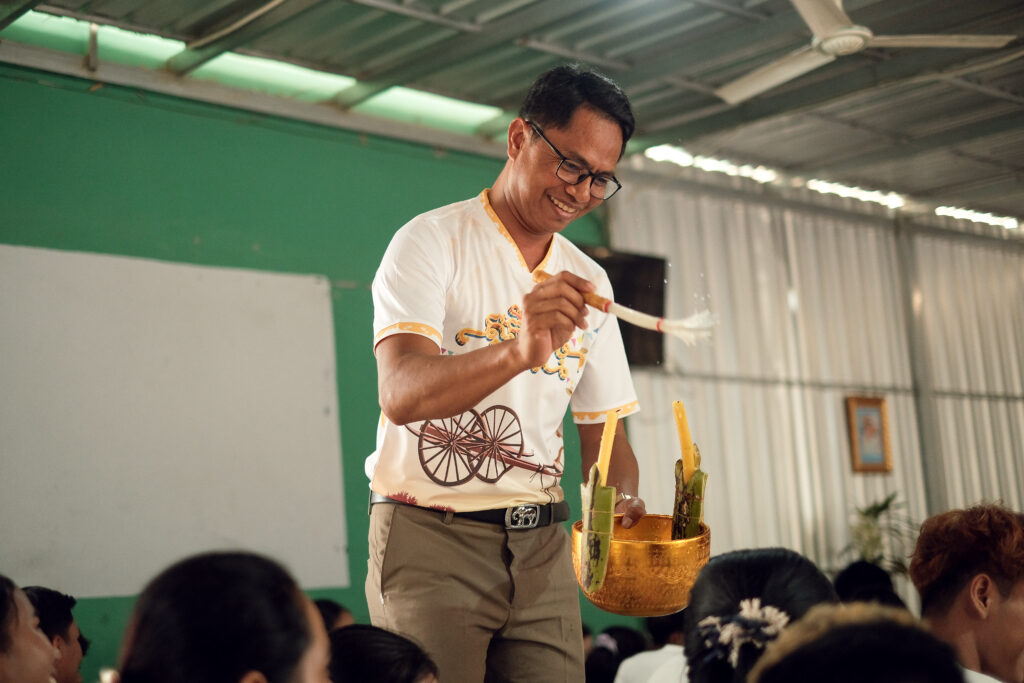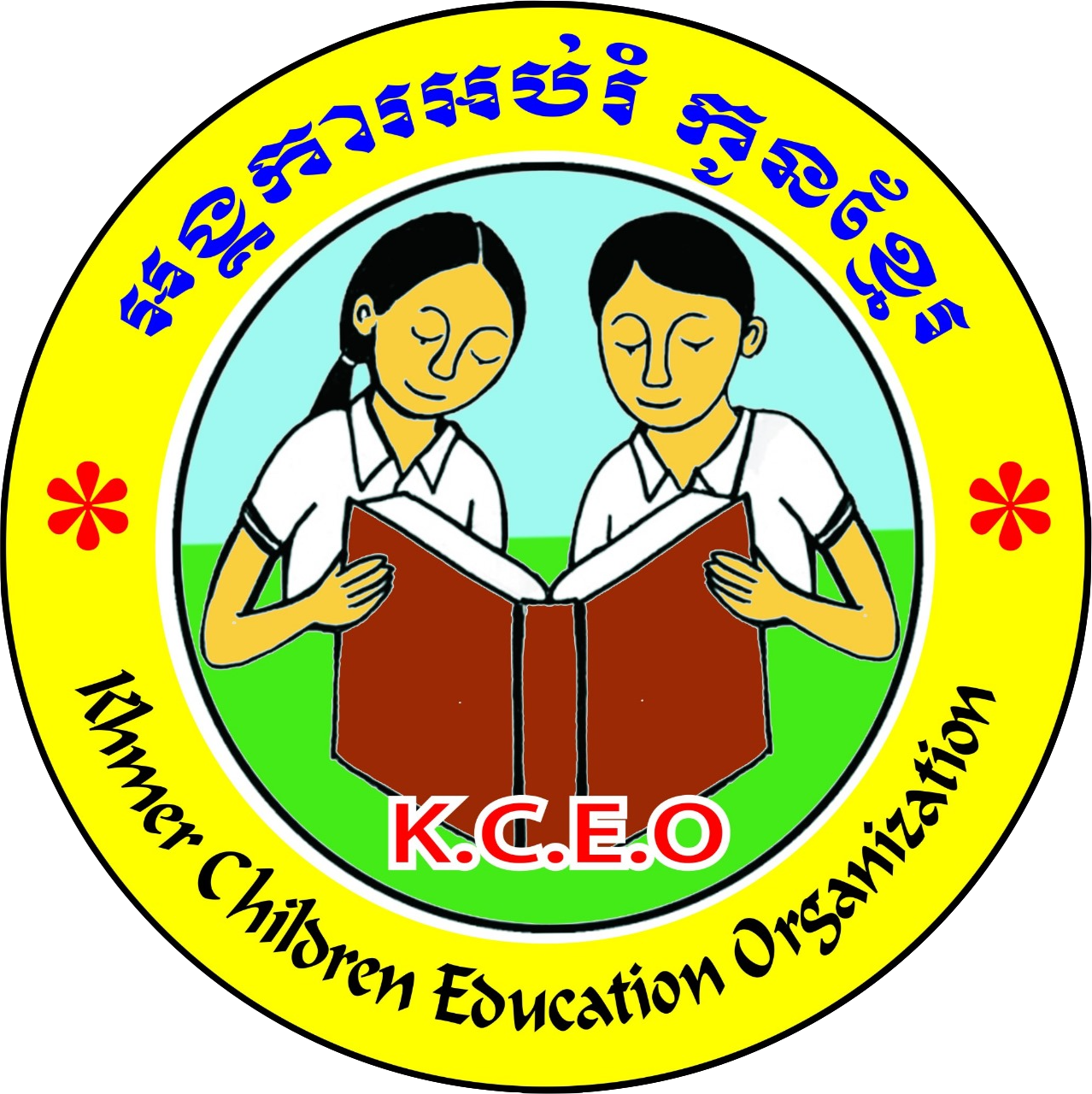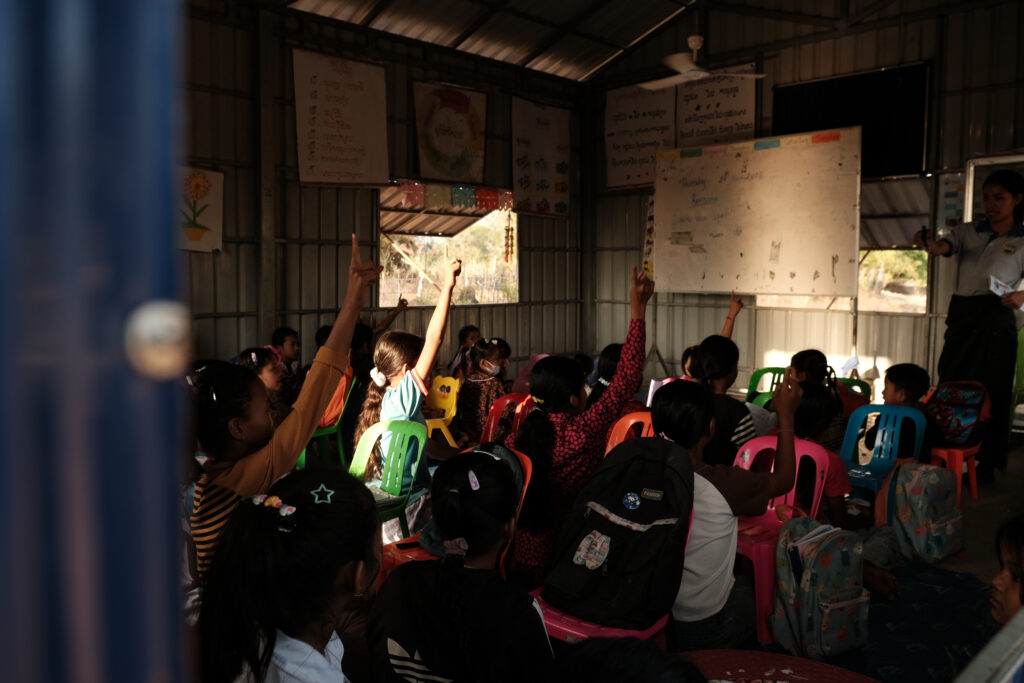The first ever KCEO classroom was a collection of desks, carried out to the shade under the fig tree in front of Marin Him’s family home.
On that first day, in 2008, there were sixteen students, kids of friends and neighbors, recruited by word of mouth.
“How’d you like it if I taught a free english class this week. Would you come?”
Word quickly spread, and by the end of the month, there were 45 students under the tree. Ten years later, Marin was teaching over 450 local children, alongside a staff of teachers, many of them his top former students, all trained by him.
Like the fig tree, KCEO has spread out new roots and branches over the past fifteen years, watered and cared for by a wide community, but blossoming from a seed planted by one man and his family.
“Most have been touched in some way by his life’s work – two generations of parents and children who have all learned in his classroom
This seed first emerged in 1993, just after the end of armed conflict in Cambodia and in the year of the first UN-led free elections in the new nation’s history. That year, in the local village of Ang, where Marin was a secondary school student, a Cambodian refugee, who had fled to Thailand and learned english in a refugee camp, returned as a United Nations interpreter who also taught english to the local children. Marin had a hunger to learn. He had missed out on school as a child, sometimes for months at a time due to nearby fighting, and when given the opportunity to learn english, began to study tirelessly on his own.
At the time, to continue to higher education past secondary school, the only option was to become a monk. Marin joined the local temple at 17, where soon after he would begin his first ever teaching role, teaching english to kids who came to the pagoda to learn.
In these early years, before KCEO as a registered NGO was even an idea, it was alive in spirit: the kids who came to learn at the pagoda contributed only what was needed to purchase one box of chalk to conduct the class.
Once he was able to, Marin left for the capital city, Phnom Penh, where he worked as a construction worker during the day to support university classes at night. In a few years, he was graduated with degrees in English, Teaching, and Management.

Today, Marin makes his sole-income as a farmer. It’s a way of making a living that requires working in the dark of early mornings and late nights, because days are spent with the organization, from which he makes no income. On his plot of land he grows rice in the rainy season, raises animals and grows sugar-cane in the dry season. Marin’s wife runs the business side of things, selling produce and pressed sugar-cane juice.
In the community Marin is not a farmer, but a public figure – ‘Teacher Marin’ wherever he goes. In Baribour District, most have been touched in some way by his life’s work – two generations of parents and children who have all learned in his classroom.
Classes are no longer outside, under the fig tree. Most villages have a newly built classroom in a public space, and some of the villages with more recently established classes arrange desks and chairs in a family home each evening. Ang is one of the only villages with two classrooms, to be able to teach two classes at a time. One of them is on Marin’s family land, next to the home where his mother and brother still live, next to the fields where Marin would farm when he couldn’t go to school and his family barely had enough.


